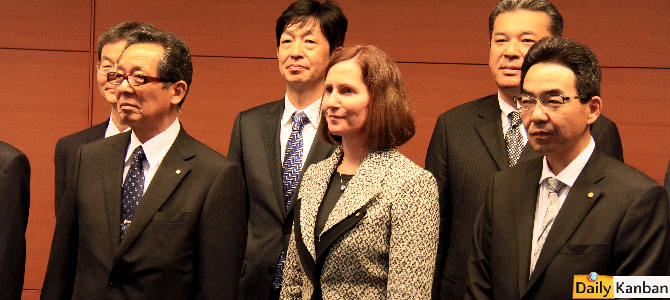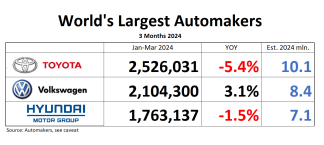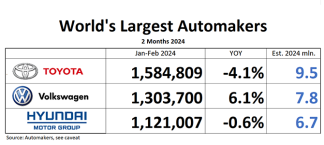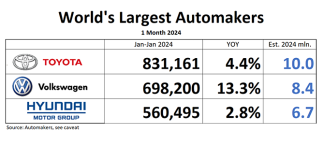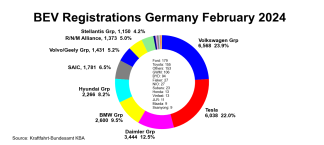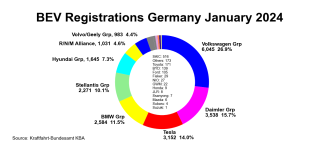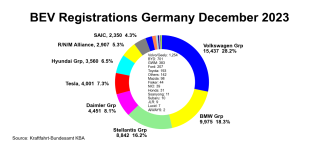Today, the steady drip of leaks from the Tokyo Metropolitan Police says that Toyota’s PR chief Julie Hamp was not in any pain before she received the package of contraband painkillers. An “investigative source” told Kyodo News that Julie Hamp did not have a health condition requiring the use of painkillers.
According to the report, “a routine health checkup conducted after the arrest of managing officer Julie Hamp on Thursday to examine her health status prior to detention showed she did not have any particular problem.” At yesterday’s news conference, Toyota CEO Akio Toyoda sidestepped questions whether Ms. Hamp was in pain, or whether she had a prescription for painkillers.
Ms. Hamp received a package with 57 tablets of Oxycodone hidden in it, reports say. Oxycodone is categorized as a narcotic in Japan, and is said to be stronger than morphine. Overdosing can produce euphoric effects like heroin.
47News, quoting police sources, says that Ms. Hamp had been in and out of Japan repeatedly since her April 1 appointment as Managing Officer of Toyota, and that she re-entered Japan just prior to her arrest. The Tokyo Metropolitan Police Department Organized Crime Section 5 is said to be investigating why Ms. Hamp received the pills in an international courier package instead of bringing in the pills on herself during one of her frequent trips.
Ms. Hamp is held at the Harajuku Police Station, Tokyo media says. According to Japanese law, unindicted suspects may be detained for up to 23 days after arrest. “During that time,” says a report by Human Rights Watch, detainees “are subjected to lengthy interrogation sessions conducted by the police and the prosecution, which are aimed at obtaining confessions. Numerous reports indicate that in order to achieve that goal, interrogators apply various forms of pressure, ranging from sheer exhaustion inflicted by the length of these sessions, during which the authorities take turns but the suspect does not leave the room for ten or more hours at a time, to threats, deprivation of food and drink, and violence, in the form of poking, kicking and beating.”
Cultural note: In yesterday’s news conference, Akio Toyoda referred to Ms. Hamp as “Hanpu-shi,” giving her a suffix more formal than the simple -san. In local media, Ms. Hamp is no longer accorded the courtesies a high-ranking Toyota exec usually deserves. She is written up as “yuri hanpu yogi-sha,” or “suspect Julie Hamp,” as it is the custom when someone is arrested for a crime in Japan.
A few tips to my fellow colleagues of the media:
- Ms. Hamp did not accept “a package of Oxycodone through the mail at the Narita Airport in Tokyo.” The package was addressed to her at her Tokyo hotel, where she was arrested. The pills were found by a custom agent while scanning incoming packages at Narita, which is the gateway port of entry for such packages.
- The package also was not addressed to another foreigner whose housing Ms. Hamp had taken over. She resided at a Tokyo hotel.
- The package apparently was not mailed by her to herself. According to Kyodo, “the Metropolitan Police Department is investigating who sent the pills to her and how she intended to use them.”
- If you want news from the ground, google “yuri hanpu yogi-sha.”
